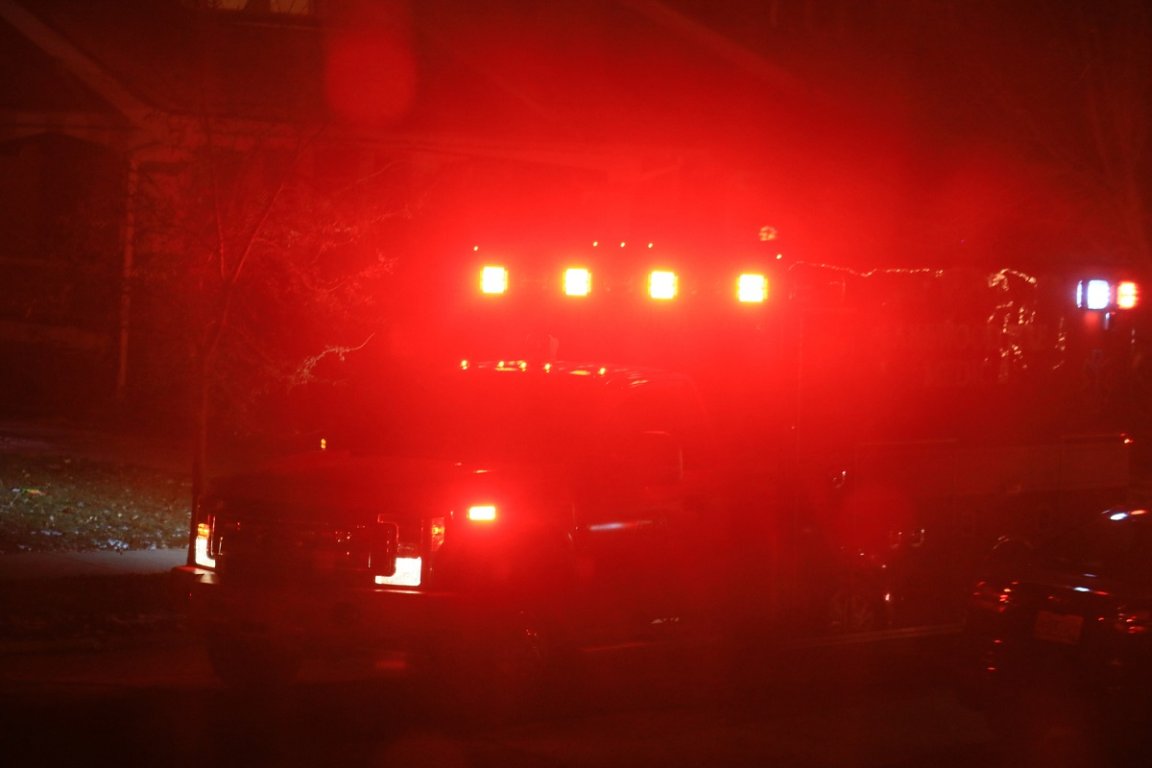
The city of Seattle has agreed to pay out nearly $2 million over the death of 48-year-old William Yurek, a father of four who may have survived a heart attack were it not for the city’s mismanaged system that blocked first responders from saving him, The Seattle Times reports.
If you were to have a medical emergency, at your home or anywhere, the general logic stands to reason that after dialing 911, medics would begin to treat you upon their arrival on the premises. For Yurek, however, this wasn’t the case. In November 2021, according to the Seattle Times, the 48-year-old suffered a heart attack in his home, prompting his then-13-year-old son to call 911. Seattle Fire Department medics arrived quickly, but abstained from entering the family’s home for a full thirteen minutes after their arrival — all because Yurek was wrongfully “blacklisted” by the city as a potential threat to law enforcement and fire department crews, as the family’s lawsuit alleged.
In short, it’s a horrifying tale of how hidden systems can affect real people’s lives in terrible and even fatal ways.
Seattle’s blacklist system is real, and is also both flawed and outdated. The city basically just flags certain names and addresses on grounds that whoever lives at a given address has a history of hostility towards police and other officials; if a medical unit happens to be called to an address on that list, it’s required to wait until law enforcement arrives to escort the team into the property.
But according to the lawsuit, Yurek — who the family’s attorney told The Associated Press would have had a 25 percent chance of survival if he’d received immediate care — wasn’t supposed to be on the city’s blacklist. A resident of the apartment complex where he died for roughly a decade, the father had moved his family into a new unit a few years prior to his death. The previous owner of that unit had been on the blacklist, which as the family successfully argued in court, was never properly updated, leading the city to believe that Yurek presented some kind of threat.
While the medics stalled outside the home, per the Seattle Times, Yurek’s young son called 911 a second time and was allegedly told that help was still on the way, when in fact the responders were already there. (It was also reportedly alleged in the suit that the dispatcher failed to inform the 13-year-old to start chest compressions.)
According to the report, the medics ultimately broke protocol, entering the apartment and attempting to revive Yurek before a police escort arrived. At that point, though, it was too late.
“Once inside, medics did everything they could to save Will’s life,” Mark Lindquist, the family’s lawyer, said in a statement, according to the Seattle Times. “The family has always been grateful to the medics who broke protocol to go in and do their best.”
It’s worth noting that this isn’t the first time Seattle’s blacklist has forced the city to cash out. In August, the city paid a sizeable settlement to a former 911 call center operator who claimed they were unfairly penalized for calling attention to the failures of the system.
In the wake of the Yurek family’s settlement, the city has promised to have made some changes to the blacklist system, with a spokesperson for the city’s attorney’s office reportedly telling the Seattle Times in an email that “caution notes” are now removed from an address if a blacklisted occupant moves. These “notes,” as the office is apparently calling them, will also expire after 365 days and will go under review thereafter. And, they said, every time someone calls from a blacklisted address, the 911 office will verify whether the tenant should really be blacklisted or not, although it’s unclear how this so-called verification process might actually work.
At face value, these are mostly positive steps, and the family’s attorney did express some relief with the promised measures.
“The family was looking for two things here,” Lindquist added in his statement. “One was justice and the second was changes in this list so that this didn’t happen to anyone else.”
Still, the system, at large, remains a bureaucratic nightmare. Seattle is a large city, and maintaining this vast — and incredibly consequential — dataset in a responsible way will require serious personpower, especially considering how often some renters move around. Doing better is not only important, but essential.
More on medical failures: Shocker: Pharma Companies Are Behind the Adderall Shortage, Feds Say